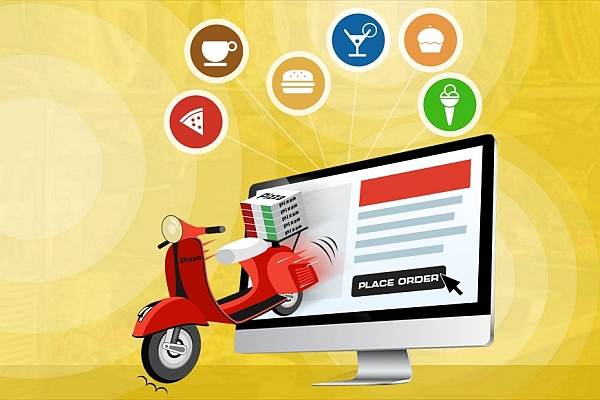Published on the 14/03/2019 | Written by Jonathan Cotton

Wellington-based Mobi2Go secures NZ$5m piece of the funding pie to compete in the dinner-on-demand industry…
Mobi2Go – the New Zealand-based software-as-a-service platform that provides online ordering tech for restaurants – has just received NZ$5m of new investment to fund its international ambitions.
The funding will be used to scale the business into international markets and fund new product development, the company says.
“Now with some serious fuel in the tank we are excited to be able to take things to the next level,” enthused founder and CEO Tarik Mallett announcing the news.
“The investment will allow us to continue to build on existing international growth and to scale out our operations and enterprise features, as larger brands move to adopt the Mobi2Go platform”.
And adopting they are. The company already boasts big-name restaurant brands like Burger Fuel, Pita Pit, Mad Mex and Sumo Salad among their clients; not bad for a company barely a year old.
It’s rapid growth in a rapidly growing industry. A 2018 study found about a third of all city-dwelling Australian adults now use delivery food services, with an average spend of almost AU$1,600 per annum. Altogether, the online ordering and delivery market in Australia is worth around AU$1.3b as more and more restaurant brands look to supplement their revenue by competing with fast food outlets and delivering to customers further afield.
“The investment will allow us to continue to build on existing international growth, and to scale out our operations and enterprise features.”
Mobi2Go allows restaurants to simply create an online ordering capability via website or app, either for customers to pick up, or to be delivered by the restaurant’s chosen delivery service. It means they can compete with services such as Uber Eats and Deliveroo, without giving away the larger commission that these services charge.
“Mobi2Go allows both large and small hospitality businesses anywhere in the world to offer innovative, integrated and branded ordering solutions to their customers without large upfront costs or specialised expertise,” explains Mallett.
Mobi2Go’s set up fees start at US$1,000, with a standard business plan priced at US$59 per month per store, plus three percent on transaction value, with a range of upgrades such as customising the store front as a mobile app, at an additional fee.
Mallett says restaurant owners find that the Mobi2Go app “drives at least 20 percent of revenue” within three to six months of launching “in most cases”.
That’s an impressive result in a restaurant business that is nothing if not competitive. Last year, facing competitive pressure from Uber Eats, Menulog and Deliveroo, the online food delivery service Foodora, headquartered in Germany, closed its Australian doors forever, severing ties with over 1,000 riders.
Restaurants themselves are now claiming to feel the pinch too. In 2017 IBISWorld released research that found restaurant profits shrinking as to-your-door services become the norm and in-store dining decreases.
“As third-party delivery services continue to grow, everyone – from the third-party operators, to the partner stores, to consumers – faces risks,” says IBISWorld Senior Industry Analyst, Andrew Ledovskikh.
“When third-party services first launched, many small store owners jumped on because it gave them a competitive advantage against the store down the street, and provided them with better access to customers a suburb or two away.
“However, once every store on the street has the service, that competitive advantage begins to erode, and suddenly you’re just paying five, ten, fifteen percent, of your gross sales to Menulog or Uber Eats,” Ledovskikh says.



























